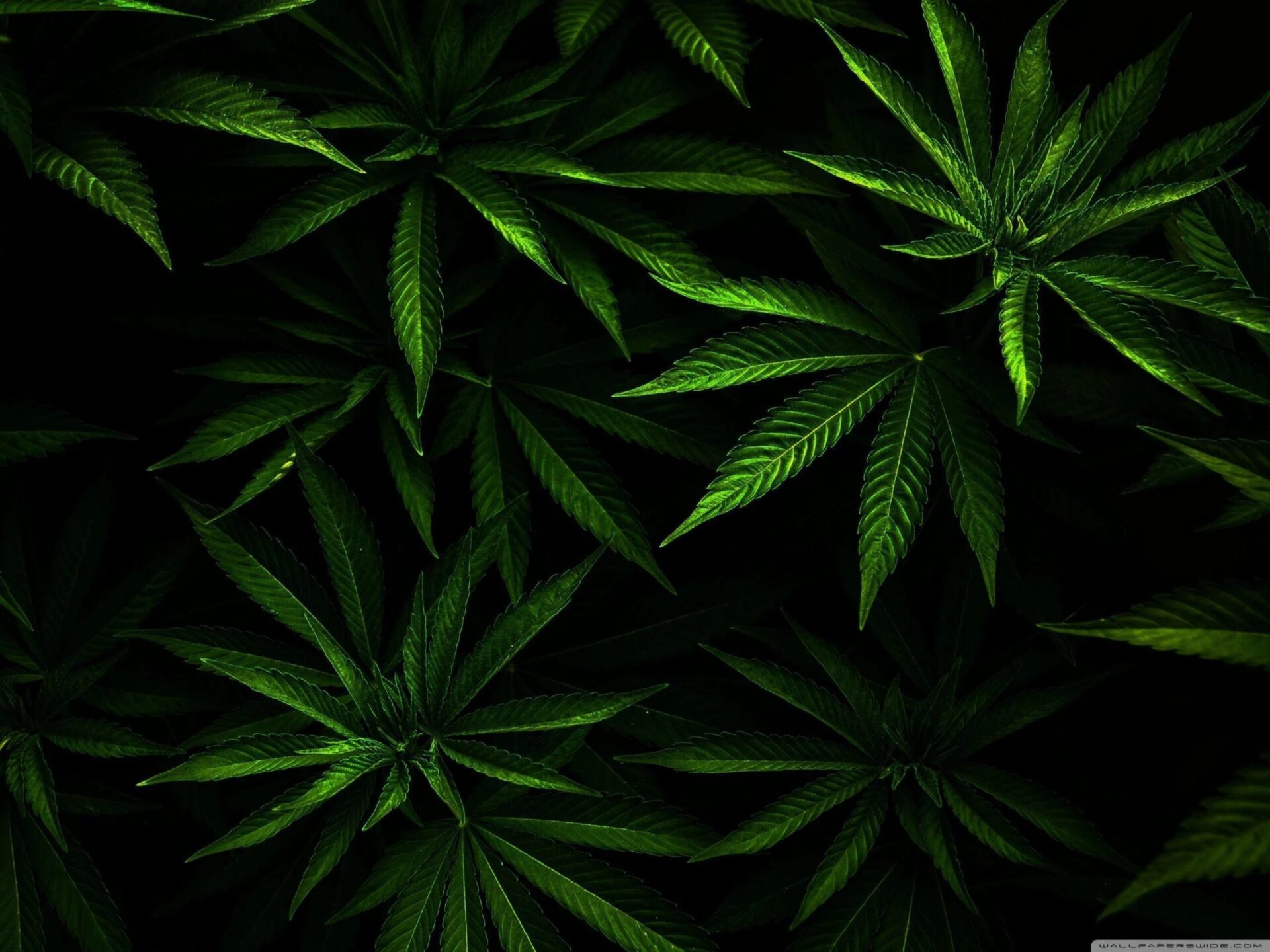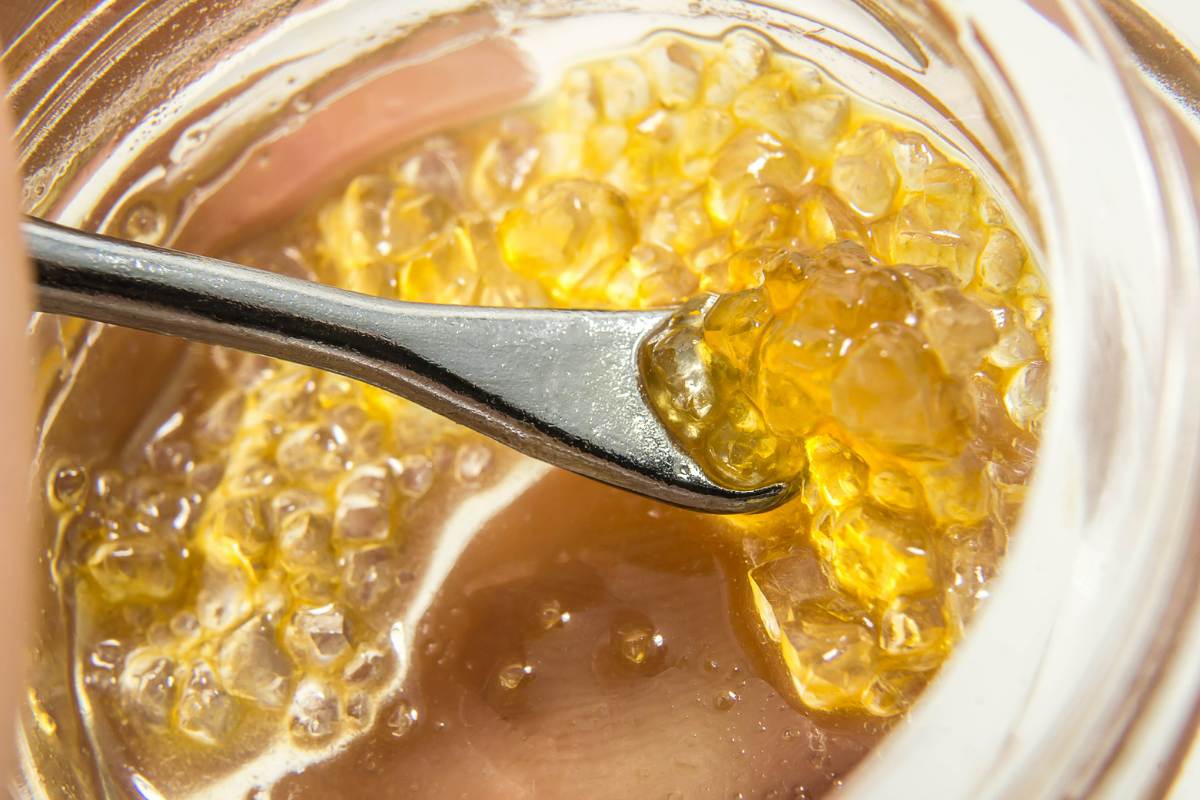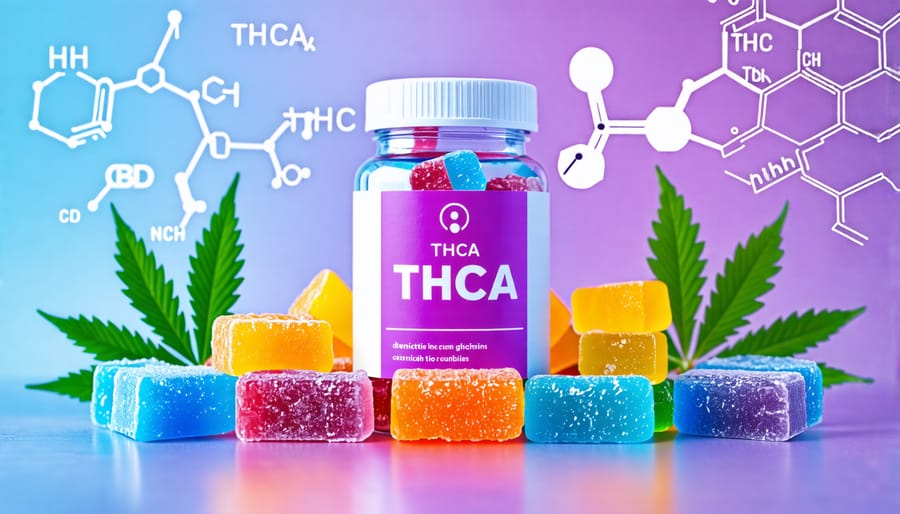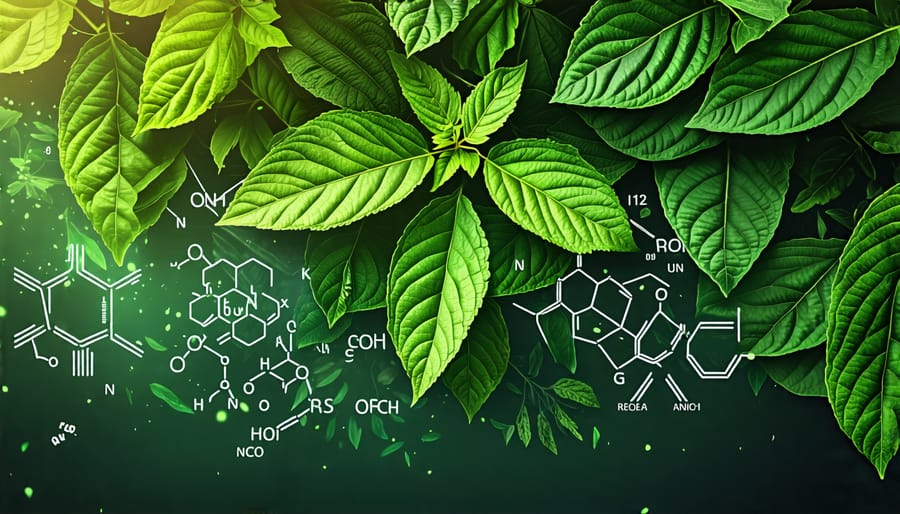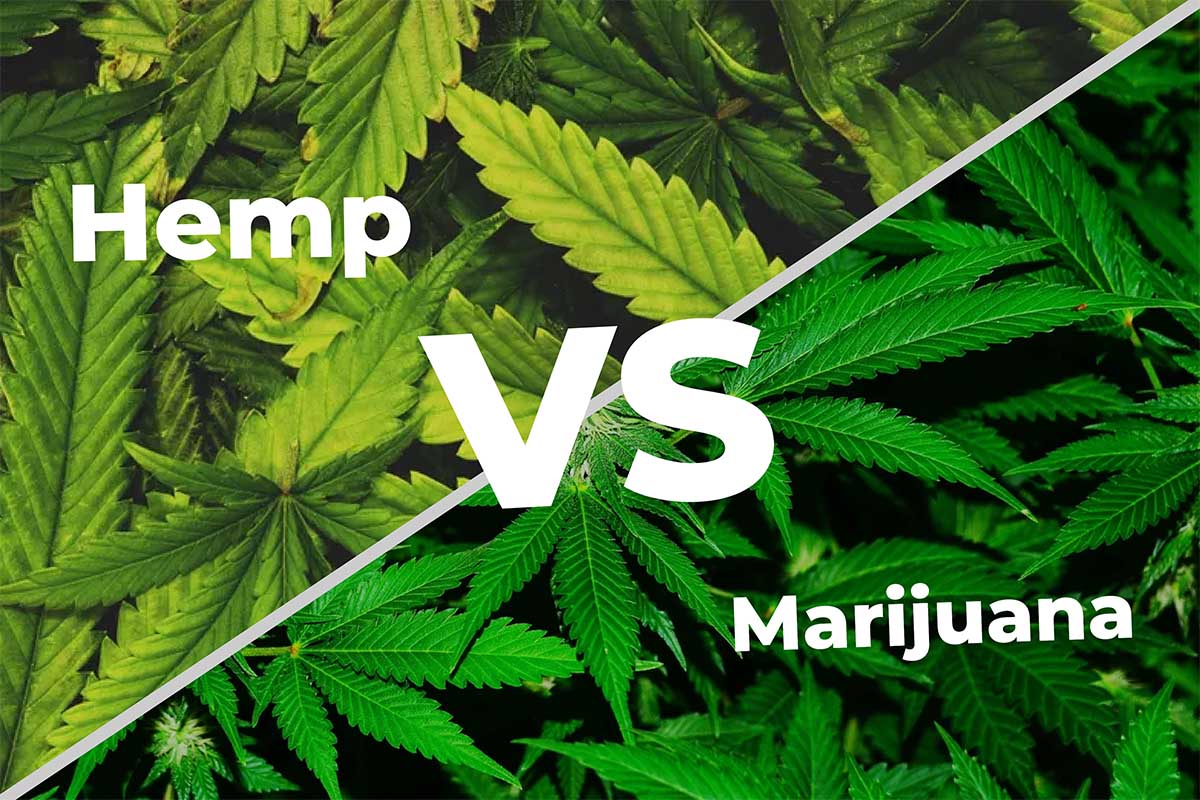After you are done learning about the benefits, differences, and effects of THC and CBD, you may have come across some high quality high thca flower for the hemp lovers, and you are probably wondering what it is. Factually, cannabis can generate 100+ cannabinoids, which can be used in different ways including vaping, consumption, topical application, and smoking.
Here is everything you need to know about THCA.
What is THCA?
Tetrahydrocannabinolic acid or THCA for short is an acidic form of THC. It may not contain the compound that makes you high, but THCA can provide you with benefits that are similar to those of THC.
THCA is highly concentrated in raw cannabis and can be produced after the plant dries. The best part about this cannabinoid is that it is non-psychoactive, which means that anyone can use it, especially for therapeutic purposes.
But if you think that THCA is not essential since it does not make you feel high, you will be surprised to know that THC would never exist without THCA. Therefore, how does this happen?
The first method is when THCA is exposed to sunlight and heat thereby leading to conversion by decarboxylation process where THC is created. Alternatively, the plant is first dried and then cured by burning, which later enables the release of THC.
Legality of THCA
The 2018 Farm Bill has caused massive growth in hemp industries by enabling the cultivation, selling, and use of hemp products. Therefore, THCA restrictions are lifted in specific areas.
However, even though THCA does not contain the psychoactive compound, extreme heat exposure could create THC which is illegal in most states. Therefore, its legality will mostly be based on state or local laws.
The Benefits of Using THCA
If we have learned anything it is that most products of the cannabis plant have therapeutic benefits. And, THCA is not left behind in that sector. So, let’s check out some of its benefits below:
- Though not enough research shows that THCA aids in pain relief just like how THC would, it still interacts peripherally with the receptors in our bodies.
- Treats inflammation.
- THCA can inhibit the cell growth of cancer.
- Acts as an anti-insomnia.
- Can suppress muscle spasms.
- Protects the nervous system, especially during the treatment of neurodegenerative disorders.
- Can enhance or suppress the immune system.
- Acts as an anti-emetic by reducing nausea, appetite loss, and vomiting.
- Can treat intestinal illnesses including IBS and colitis.
How Can I Use THCA?
Typically, you can convert THCA into THC if you need to get high. This means that THCA is a conduit for THC benefits.
If you want to use THCA alone without the psychoactive compound, you can start off by eating raw cannabis. For better flavors, you can include THCA in your juicing routine.
To activate your THCA, you can use a vape pen, take dabs, smoke, and so much more. In addition, the plant can be decarboxylated to generate tinctures, edibles, and topical use.
Conclusion
Nowadays, you may find THCA products being sold in certain areas with most of them allowing topical application or ingestion. Simply check out the rules set before using these products.
